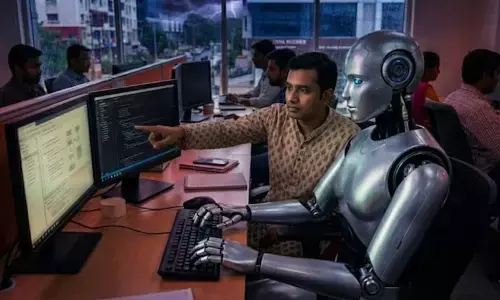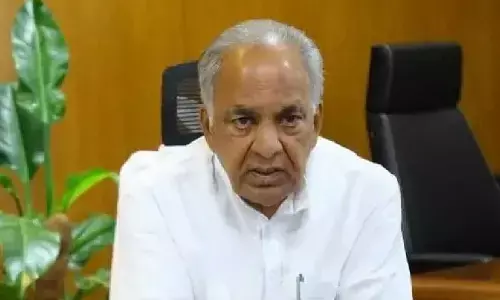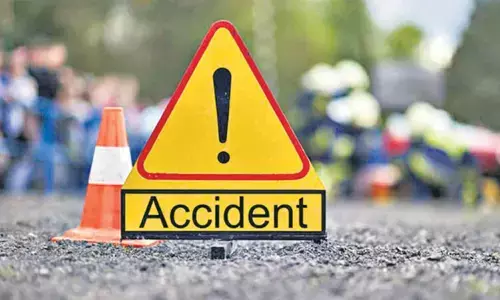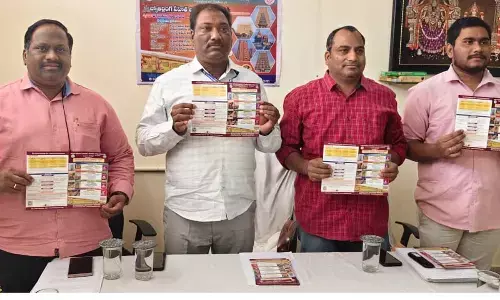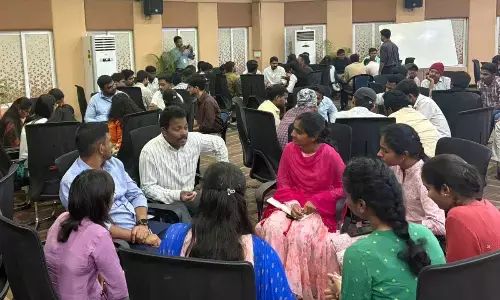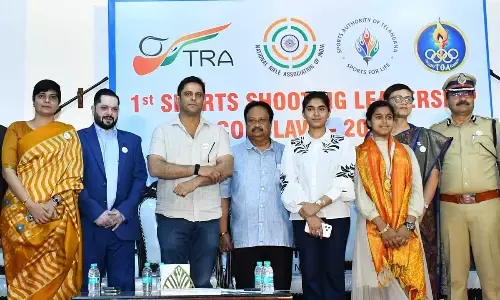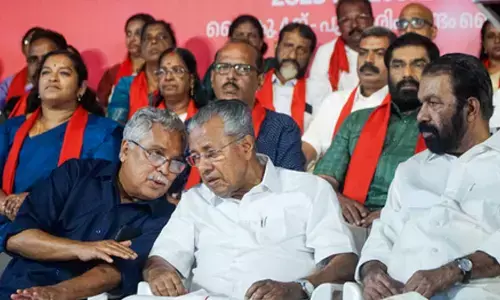Model schools impart quality education to rural kids
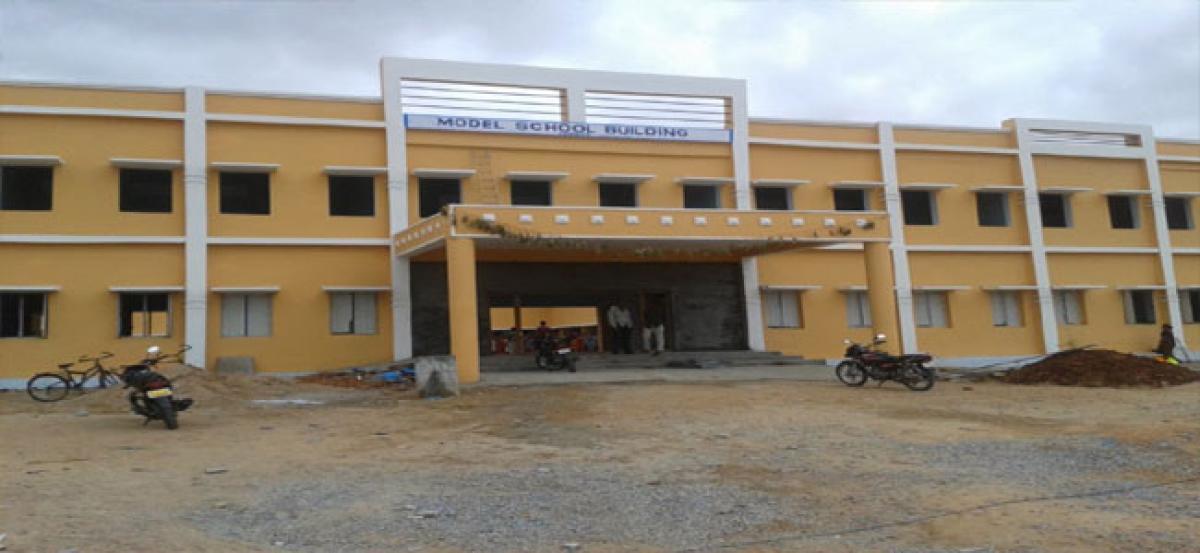
The central government under theRashtriya MadhyamikaSiksha Abhiyan (RMSA) with the participation of state government has established model schools in 18 of the 25 identified mandals in the district. The remaining 7 model schools are in the process of establishment.
Anantapur: The central government under theRashtriya MadhyamikaSiksha Abhiyan (RMSA) with the participation of state government has established model schools in 18 of the 25 identified mandals in the district. The remaining 7 model schools are in the process of establishment.
Highlights:
- 18 models schools in Anantapur dist were set up with 75% central govt assistance
- Kids from rural areas will get English medium education in model schools free of cost
- Each model school has facilities like own school and hostel buildings, good toilets, RO water plants, furniture and laboratory equipment
The main concept is imparting of quality education in English Medium to children in Educationally Backward Blocks (EBB) which in case of AP state is backward mandals. These schools impart quality primary and high school education ranging from 6th to 12th standard. In the phase 1 of the RMSA project, 18 schools had been established in the district with infrastructure facilities including school and hostel buildings.
The 18 model school buildings construction, each at a cost of Rs3.01 crore had been completed. Admission into the modelschools will be limited to students from the same mandal unless the school management failed to get the required number of students locally. Each class will have a student strength of a maximum of 80. In the event of the school getting more than the required number of applications from the locals, students will be selected on a lottery basis.
Teachers with post-graduation qualification and English Medium educated only were posted for the English Medium Schools. Teachers had been strictly instructed to teach and converse only in English. The schools are set up with 75 percent central assistance and 25 percent state government assistance.
The ZillaParishad is given the responsibility to create infrastructure facilities in the 5-acre land allotted for each model school. The residential school has good toilets, Reverse Osmosis (RO) water plants, furniture, laboratory equipment and a healthy atmosphere for the children to nourish and cherish their dreams.
Under the RMSA project, apart from the establishment of model schools, the infrastructure of all schools are improved, additional class rooms are built, furniture is provided and laboratory facilities are created. Also, in-service training is given to teachers and vocational training is also imparted to students from 9th grade to intermediate stage.
The vocations include media entertainment, physical education, finance and banking, health education, computer training, fashion designing and apparel making and beauty and wellness training is imparted.
RMSA Assistant Director N Sriramulu told The Hans India that 61 model schools had been sanctioned but only 18 have been established. For all the 18 model schools, even hostels were built exclusively for girls.
District Educational Officer (DEO) Lakshmi Narayana told The Hans India that the central government project will boost the state government's efforts to improve quality of education in rural areas particularly the backward mandals which will now see state sponsored English medium schools considered a boon to the local children.
Without spending a rupee, the children will get quality education and will also grow in a different culture and atmosphere which will facilitate transformation in the outlook of the under-privileged children. These schools will maintain a set standards due to the central government monitoring of their style of functioning.
By Ravi PBenjamin


